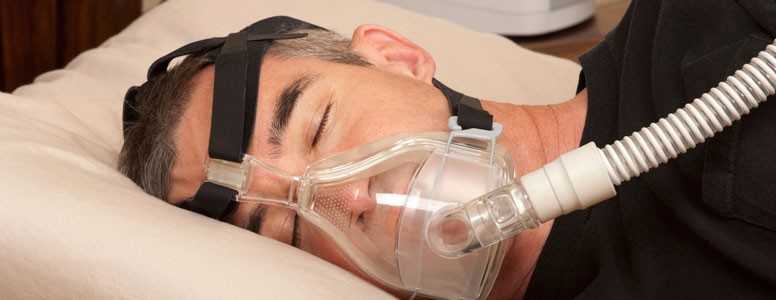A study exploring whether treating obstructive sleep apnea helps improve diabetes management is set to start in the US.
Sleep apnea, a form of interrupted breathing during sleep, has been associated with decreased blood sugar control in people with diabetes, as well as reduced insulin sensitivity.
In this new study, researchers from the West Virginia University (WVU) School of Medicine want to investigate how much treating sleep apnea using a specific treatment may improve self-management and blood sugar levels.
Continuous positive airway pressure therapy (CPAP) will be tested on participants with diabetes during a 12-week period. A CPAP machine blows air into the person’s airway at a constant pressure to help keep it open, thus preventing breathing interruptions.
Robert Stansbury assistant professor and interim section chief of pulmonary, critical care and sleep medicine at WVU School of Medicine said: “It’s a little bit of a step forward from previous studies because previous ones looked at insulin sensitivity and glycemic control, but this one is looking at self-management as well.”
The trial will involve 120 people who will be split into two groups. One half will be treated using a CPAP machine and the other half will use a machine that looks similar to the CPAP device but does not impart any benefits.
Both groups will have their blood sugar levels checked periodically, while researchers will also note how often they check their own levels.
Additionally, the participants will be asked to attend information sessions, receive quizzes on what they learned, and wear pedometers so researchers can monitor how many steps they take on a daily basis.
Jessica Perini, assistant professor in the WVU School of Medicine who is also involved in the study, said that if their findings suggest the CPAP machines do help boost diabetes management then “we will have no excuse for not screening more [people with diabetes] for sleep apnea”.
What's new on the forum? ⭐️
Get our free newsletters
Stay up to date with the latest news, research and breakthroughs.








